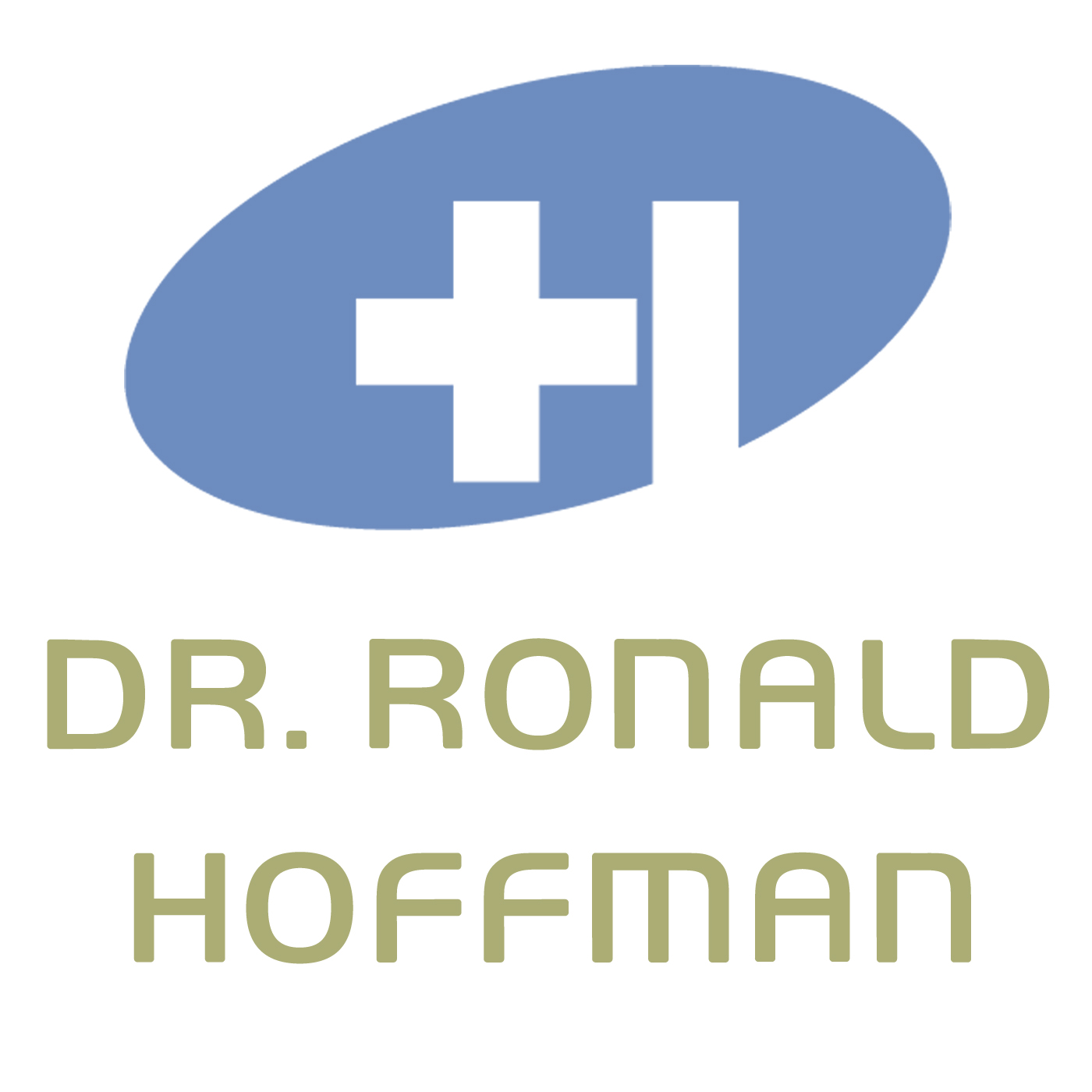
|
Q&A with Leyla, Part 2: Auto-Brewery Syndrome
November 20, 2019
Drunk man actually had auto-brewery syndrome; My orthopedist told me I will need a knee replacement soon. Would collagen supplements help?; My friend was diagnosed with a benign brain cyst. Could this be caused by a cell phone? Is surgery the only option?; Can you comment on the article, Rheumatoid Arthritis and "Night Shade Vegetables"?; I stopped taking thyroid replacement after hemithyroidectomy in 1980 because it wasn't well regulated. Now I have FMS. Click HERE for part 1.
|
Share:
 |

|
ENCORE: Reversal of Cognitive Decline, Part 1
November 19, 2019
Dr. Dale Bredesen is a board-certified neurologist who is author of a landmark paper entitled: “Reversal of cognitive decline: A novel therapeutic program.” He is founding president of the Buck Institute where world-class scientists tackle age-related problems. Dr. Bredesen is spear-heading research of a comprehensive program for reversing symptoms of dementia with lifestyle modification, supplements, diet, bio-identical hormones, and detoxification. A huge problem looms as millions of aging Baby Boomers become candidates for Alzheimer’s: for those without the ApoE4 allele, the risk is 9%; with one of two alleles, it soars to 30%; and with a “double-hit” of ApoE4 the risk becomes 90%. Dr. Bredesen is critical of the current “magic bullet” approach to development of Alzheimer’s drugs. While not discounting their potential, he believes the problem is so multi-faceted that it will require attention to numerous modifiable risk factors. “Normal” levels of B12, homocysteine, vitamin D, insulin, and C-reactive protein may not be optimal for prevention of cognitive decline. Adequate sleep, stress reduction, and exercise are lifestyle approaches that need to be deployed aggressively to counter memory loss. Promising supplements include resveratrol, DHA, Lion’s Mane, Bacopa, Ashwaganda, acetyl-l-carnitine, curcumin, citicholine, and nicotinamide riboside. Attention must be given to hormones, especially testosterone and pregnenolone which can be neuro-protective. Heavy metals like iron, mercury, lead and cadmium are implicated in some cases of cognitive decline. When it comes to diet, some controversy remains, but the ideal food program should target insulin resistance and inflammation. To this end, ketogenic diets, plant-based nutrition, gluten-avoidance and intermittent fasting show promise. Dr. Bredesen has demonstrated that cognitive decline CAN be reversed with a multi-factorial approach; if inaugurated early enough, patients can experience dramatic recovery of functionality. Click HERE for part 2.
 |
Share:
 |

|
Intelligent Medicine Radio Show for November 16, Part 2
November 18, 2019
China introduces its first Alzheimer’s drug—and its made from seaweed; What’s with claims of “enhanced absorption” by various supplement brands? Avocados fight diabetes—now researchers have discovered the active ingredient and plan to market it; Banning workplace sales of sugary beverages slashes consumption, trims waistlines; Investigators link vitamin E acetate in vaping products to lung harms—but new research suggests ALL e-cigarettes compromise heart function; Top scientists decry state of nutrition research; Start early to fend off Alzheimer’s; Coffee feeds your microbiome; Stress depletes your dopamine, setting stage for depression and addiction; It’s true: depression linked to diet. Click HERE for part 1. Click HERE for articles and resources relating to this podcast episode.
|
Share:
 |

|
Why We Age and How to Stop It, Part 1
November 12, 2019
Anti-aging researcher Sandra Kaufman, MD, leveraged her extensive background in cellular biology to develop the Kauffman Protocol. She discusses why we age and how to stop it. Are there inherent limitations to human longevity or can we hack our biology to create super-centenarians? What are the “7 Tenets of Aging”? How can we harness our understanding of the mechanisms of senescence to create precision protocols that will extend life? Dr. Kaufman discusses the roles of pterostilbene, astaxanthin, carnosine, nicotinamide riboside, curcumin, EGCG, and metformin. She has created an app which allows people to customize a personalized anti-aging program addressing their aging vulnerabilities. Click HERE for part 2.
|
Share:
 |




























